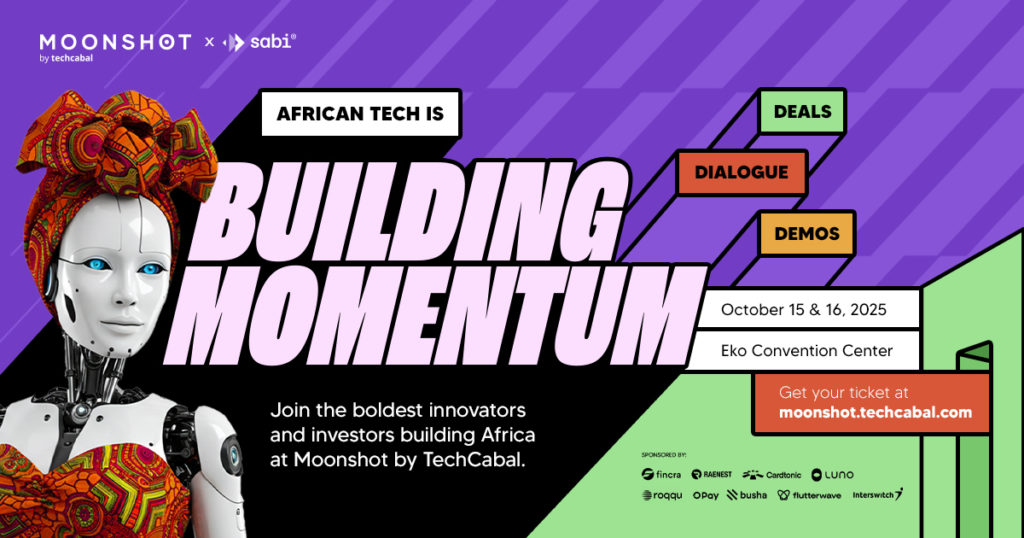The term “global business” is frequently used in the tech world, yet entrepreneurs working across continents understand that it goes far beyond simply displaying flags on a website or setting up an office in a major city like London. True global operations mean enabling smooth financial transactions between cities such as Lagos and Hamburg, gaining the trust of regulators unfamiliar with your company, and crafting products that resonate equally well in places like Dar es Salaam and Singapore. After extensive discussions with African tech experts living abroad, a clear trend emerges: many opt to establish their companies outside their native countries, often incorporating internationally before expanding back home. This strategy is largely driven by access-certain jurisdictions provide entry to payment networks, investors, and customers that remain inaccessible within many African markets.
However, merely incorporating overseas does not guarantee success. While digital products can be accessed globally, founders who claim a “global” identity without adhering to local regulations risk operational failure. For instance, in May, I spoke with a first-time founder from the diaspora whose embedded fintech solution collapsed due to lacking the necessary licenses. Regulatory warnings accumulated until the business was forced to cease operations. Although global ambition is a common theme in venture capital, the fundamental question persists: what does it truly take to build a global enterprise?
This edition of Digital Nomads explores the realities of building businesses without borders. Dayo Fagade, head of business partnerships at Cedar Money-a fintech specializing in cross-border remittances-and Abdulwaheed Yusuf, COO of Sidebrief, a Nigerian regulatory technology startup aiding companies in maintaining compliance across markets, share their firsthand experiences. Their insights reveal the complexity and rigor involved in global expansion, far beyond the buzzwords and technology hype.
Defining “Global” in Fintech
In the fintech sector, the label “global” is often overused and misunderstood. Fagade offers a clear definition.
“Being ‘global’ in the context of money transfers isn’t about simply entering new countries or adding flags to a website to appear sophisticated,” he explains. “It means enabling truly seamless, frictionless transactions. For example, a business in Lagos should be able to pay multiple suppliers in Johannesburg, Hong Kong, Hamburg, and Guangzhou on the same day, with the same speed, transparency, and predictability as a local payment.”
Delivering this experience demands extensive technical effort. Behind every smooth cross-border payment lies the challenge of integrating fragmented payment systems, managing fluctuating foreign exchange markets, and harmonizing compliance standards that rarely align. According to Fagade, building global payment solutions is less about rapid expansion headlines and more about making diverse systems work together as one cohesive network.
“Many founders underestimate the complexity,” he notes. “Global fintech growth isn’t a simple copy-paste operation. It’s akin to building multiple local businesses that must interconnect. Each market has unique compliance requirements, customer behaviors, and liquidity conditions. Striking the right balance between speed and accuracy is essential.”
One of the toughest challenges for founders without a physical presence in target markets is establishing credibility.
“Trust is earned through evidence, not proximity,” Fagade emphasizes. “For partners and suppliers, it’s about demonstrating a deep understanding of their environment and ensuring you don’t expose them to regulatory or audit risks. For banks, financial institutions, and regulators, trust comes from robust compliance processes, transparent data trails, and a commitment to engage even when regulations are complex or unclear.”
He argues that consistency, responsiveness, and openness often transcend geographical boundaries in building trust.
Why Many African Entrepreneurs Choose to Incorporate Abroad
Yusuf has researched how African founders and professionals approach international growth, highlighting common misconceptions about the global market.
“Expanding globally isn’t about replicating your home market strategy,” he says. “It requires rethinking product design, pricing, infrastructure, regulatory compliance, and cultural nuances for each market. The error is assuming what works at home will automatically succeed elsewhere. In reality, payment options, internet connectivity, price sensitivity, and device usage vary widely.”
Incorporating in foreign jurisdictions often grants access to dominant global payment platforms like Stripe and PayPal, which are not always available locally. Yet Yusuf stresses that integrating with local systems remains crucial. A company registered in Singapore, Delaware, or Hong Kong might connect instantly to global networks but still face barriers reaching users in Lagos. The choice of incorporation location can shape a founder’s global path more than the product itself.
Still, overseas incorporation is no cure-all. Each new market requires fresh efforts. Customers demand assurance that their funds are secure, regulators expect transparent compliance, and partners want to avoid undue risk.
“Regulatory considerations must be front and center,” Yusuf advises. “Issues like data residency, consumer protection, and financial licensing can either open doors or block entry. Attempting global expansion solely from afar can backfire. Local expertise-whether through talent or advisors-is vital to navigate cultural, partnership, and regulatory landscapes effectively.”
He also highlights the importance of nurturing company culture intentionally.
“Culture doesn’t sustain itself automatically,” Yusuf reflects. “At Sidebrief, we experienced moments when our culture waned because we assumed it would persist without effort, and we had to actively course-correct.”
Resilience: The True Currency of Global Success
Successful founders are not necessarily those who grow the fastest, but those who endure challenges. Fagade is candid about this reality.
“Disruptions are inevitable,” he states. “Regulations can change overnight, partners may withdraw, and markets can freeze. The companies that thrive are those able to adapt swiftly without compromising customer trust. This means investing early in compliance as a foundation, building robust yet adaptable technology, and assembling teams that think globally but act with local sensitivity.”
In essence, resilience becomes a vital asset-enabling founders to absorb shocks, recover quickly, and maintain credibility across different markets.
The Digital Nomad’s Challenge
Digital nomads have long symbolized the ideal of working without borders. Increasingly, they are also embracing borderless entrepreneurship. The benefits are clear: the freedom to live anywhere, hire talent worldwide, and design products for international audiences from the outset. Yet, this vision often hinges more on legal and regulatory frameworks than on pure innovation.
Clear regulatory guidelines and strategic incorporation are critical to transforming a nomad’s concept into a scalable global business. Without these foundations, borderlessness remains a lifestyle choice rather than a sustainable business model. With them, professionals who might never have launched ventures in their home countries can experiment, secure funding, and test products internationally.
This aligns with advice from Ting Shih, founder of ClickMedix, who shared with Inc Magazine after expanding her healthcare company into 16 countries: successful global businesses follow a deliberate approach.
First, identify markets with genuine revenue potential-be “global” only where it matters. Second, partner with local entities that can bridge cultural, regulatory, and operational divides. Third, tailor products to each market’s unique characteristics instead of applying a one-size-fits-all solution. Each iteration of testing and adjustment informs the next phase of growth.
Constructing Businesses Beyond Borders
The myth of effortless global expansion is just that-a myth. The reality involves painstaking, market-by-market effort. Both Fagade’s emphasis on resilience and Yusuf’s caution about blind spots underscore a shared truth: global enterprises are built not by bypassing borders, but by engaging with them head-on.
For African entrepreneurs and digital nomads alike, the potential is vast. Regulatory clarity opens new gateways, and digital infrastructure provides unprecedented reach. Yet, the hard work remains unavoidable.
Global-first companies emerge not from slogans or symbolic gestures, but through relentless persistence, trust earned one market at a time, and the resilience to stay the course when rules shift unexpectedly.
We invite you to share your feedback and ideas on this edition of Digital Nomads here.
Editor’s Note: Dayo Fagade will be a featured speaker at Moonshot 2025, our premier event scheduled for October 15-16.
Save the date! Moonshot by TechCabal returns to Lagos on October 15-16. Join Africa’s leading founders, creatives, and tech innovators for two days of inspiring keynotes, networking, and forward-thinking discussions. Secure your tickets now at: moonshot.techcabal.com
























0 Comments